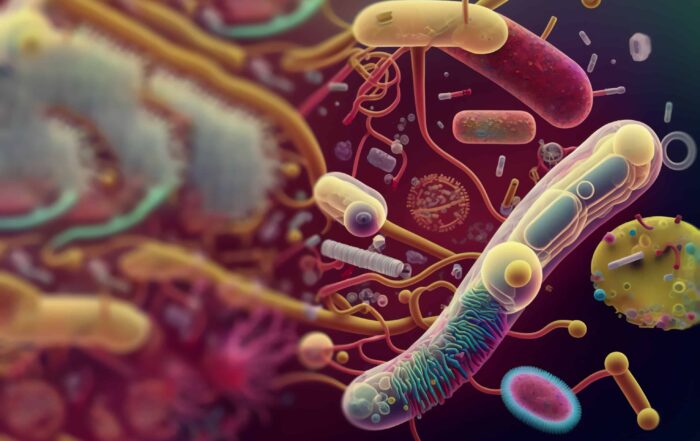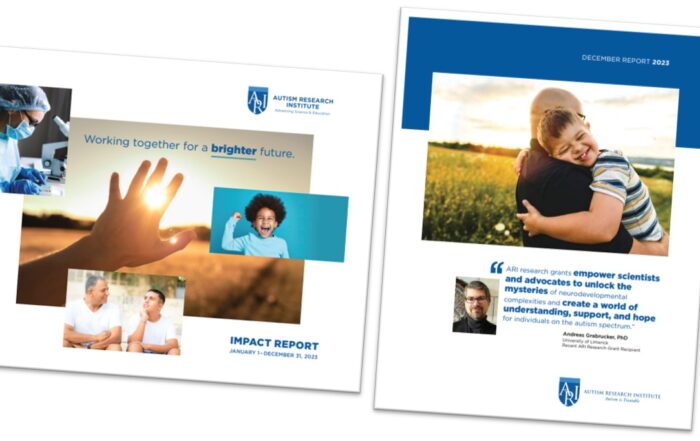Research indicates that in school-aged children, teenagers, and adults with autism spectrum (ASD), symptoms differ significantly between males and females. Because of this, there are concerns that the skewed male-to-female ratio of individuals diagnosed with ASD may be due in part to a failure to diagnose females. However, a new study concludes that any differences between the sexes are not evident early in life when autism is typically diagnosed.

Lisa Wiggins and colleagues identified 1,480 children between two and five years of age who were classified as having ASD, as well as 593 with subthreshold characteristics of ASD. Looking at the children’s behavior problems, developmental abilities, performance on screening and diagnostic tests for ASD, and parental reports, they found no significant difference between girls and boys. “Males in both study groups had more parent-reported restricted interests and repetitive behaviors than females,” they say, “but these differences were small in
magnitude and not clinically meaningful.”
They conclude, “Preschool males and females who showed risk for ASD were more similar than different in the outcomes assessed in our study.”
—
“Evaluation of sex differences in preschool children with and without autism spectrum disorder enrolled in the study to explore early development,” Lisa D. Wiggins, Eric Rubenstein, Gayle Windham, Brian Barger, Lisa Croen, Nicole Dowling, Ellen Giarelli, Susan Levy, Eric Moody, Gnakub Soke, Victoria Fields, and Laura Schieve, Research in Developmental Disabilities, Vol.112, May 2021 (online). Address: Lisa Wiggins, National Center on Birth Defects and Developmental Disabilities, Centers for Disease Control and Prevention, 4770 Buford Highway NE S106-4, Atlanta, GA 30341, [email protected].
This article originally appeared in Autism Research Review International, Vol. 35, No. 2, 2021
Editorial – Fecal Microbiota Transplantation and Autism
Over the past several years, Fecal Microbiota Transplantation (FMT) has become the subject of growing interest in the autism community due, at least in part, to the increased awareness of the gut-brain
ARI’s Latest Accomplishments
Connecting investigators, professionals, parents, and autistic people worldwide is essential for effective advocacy. Throughout 2023, we continued our work offering focus on education while funding and support research on genetics, neurology, co-occurring medical
Biomarkers start telling us a story: Autism pathophysiology revisited
Antonio Persico, MD, a recent ARI Research Grant recipient, explores the role of biomarkers in understanding autism pathophysiology. He discusses the complexity inherent to neurodevelopmental conditions and emphasizes the need to combine




